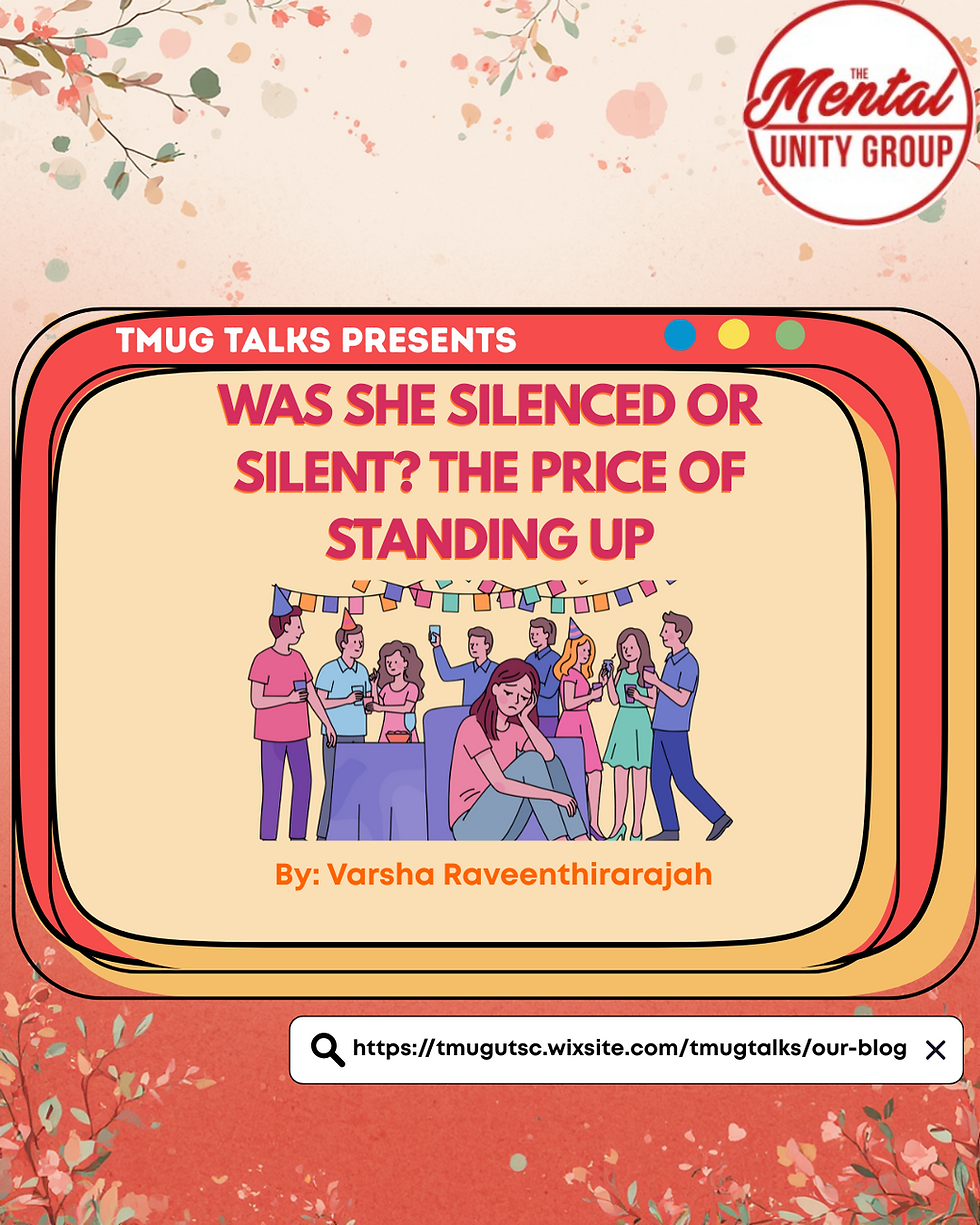Staying on the Grind: Is Burnout Really a Thing?
- Frankie Chan

- Mar 1, 2018
- 2 min read

Contrary to popular belief, “workaholics” aren’t as prone to negative physical or mental health outcomes as one would typically think. In Ganster, Rosen & Fisher’s review of current literature, the objective was to take a closer look of studies relating long work hours and detrimental health statuses. Is burnout really a thing?
Take the objective measurements used in these studies for example. They force one to critically think and scrutinize any potential significant results. Interpretations of these studies are plagued by the fact that hours worked are often recalled incorrectly - either under or overreported. Also, what about those who work multiple jobs, or inconsistent schedules? Tied in with the recent trend in remotely working, it becomes ever more difficult to track the exact amount of time spent working.
Furthermore, These studies have the flaw of being short in duration, and not being in longitudinal in nature which removes the possibility of long term predictions, which can be problematic for studying the potentiality of diseases like coronary heart disease which is often a product of accumulated stress.
Next, the investigators of these studies may have erred by “over controlling” certain variables that may actually be mediating variables on the effects of long working hours. Take sleep quality for example. As a controlled variable, there leaves no room for analysis of its role in mediating the negative implications thought to be exclusively tied to excessive time at work.
Another issue taken is a lack of attention to variables such as individual demographics and complexity of the job itself, which can affect the extent of depletion long work hours may cause. It is notable that long hours spent at different types of work will draw on a differing amount of resources on an individual - one may simply feel less affected in a more lax job. It is equally plausible that an individual of certain demographic may feel more efficacious in an environment which promotes long work hours - European workers may be more sensitive to excessive work than Japanese workers, who are more accustomed to longer work weeks.
More criticisms lie in the fact that any significant results were characterized by small effect sizes, further highlighting a weak interpretation and confirmation of this purported association. Take these findings with a grain of salt.
With this review in mind, it becomes apparent that in order to make the firm conclusion that long hours equate to negative outcomes, we need more concrete measures in the future that accurately assess the necessary variables to facilitate proper interpretation. Lengthier studies are essential as well, and should deliver valuable information regarding outcomes over the lifespan.
As noted, other variables are worthy of our attention - ones that may mediate an effect towards health outcomes alongside excessive hours at the workplace. To get a more genuine picture of this association, we must keep demographic information, types of work, amongst other valuable data that can shed light on the underlying mechanisms of working excessively, which may translate into appropriate policies to best usher in awareness for the health of the workforce.
Source:
Ganster, D. C., Rosen, C. C., & Fisher, G. G. (2018). Long Working Hours and Well-being: What We Know, What We Do Not Know, and What We Need to Know. Journal of Business and Psychology, 33(1), 25-39. doi:10.1007/s10869-016-9478-1





Comments